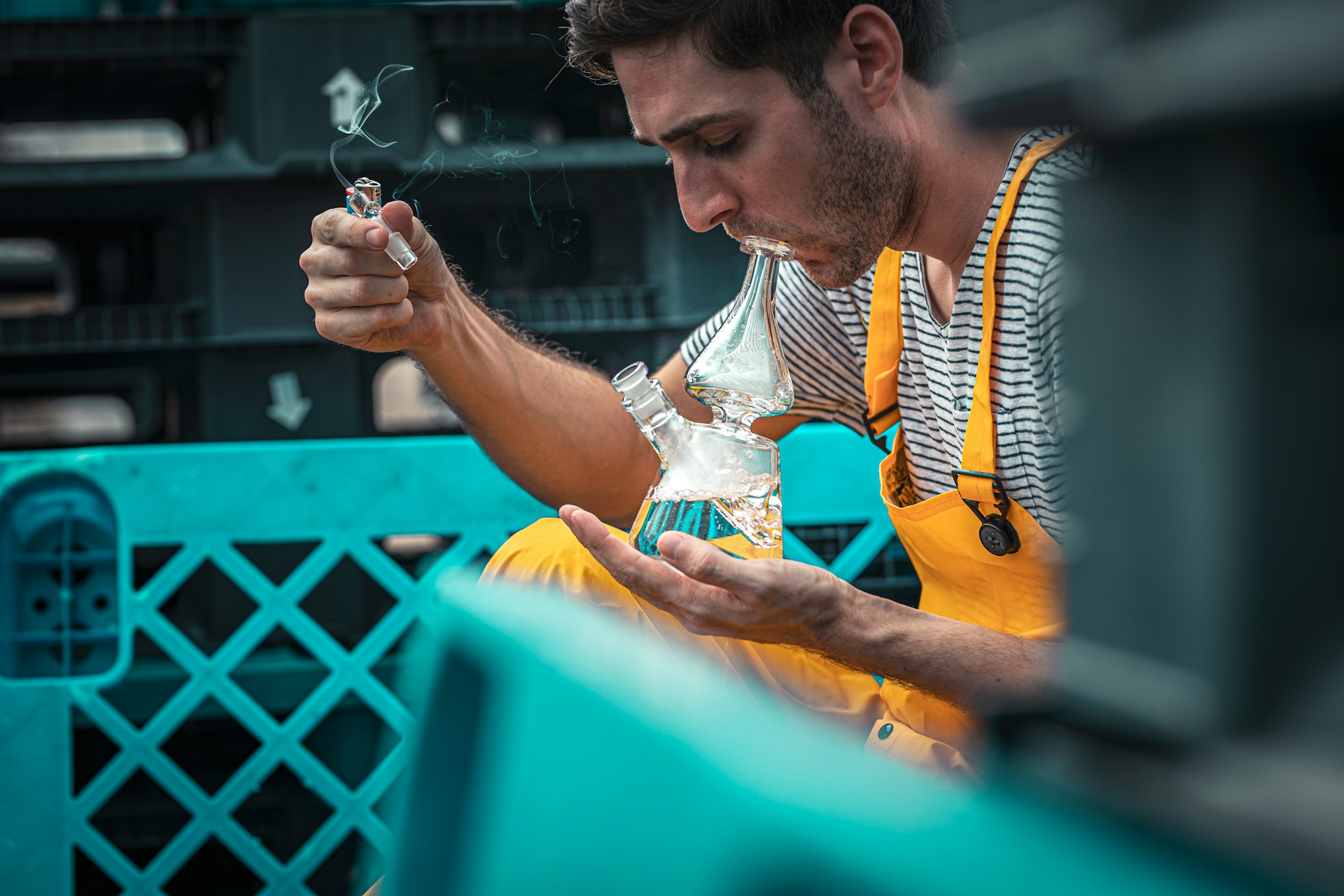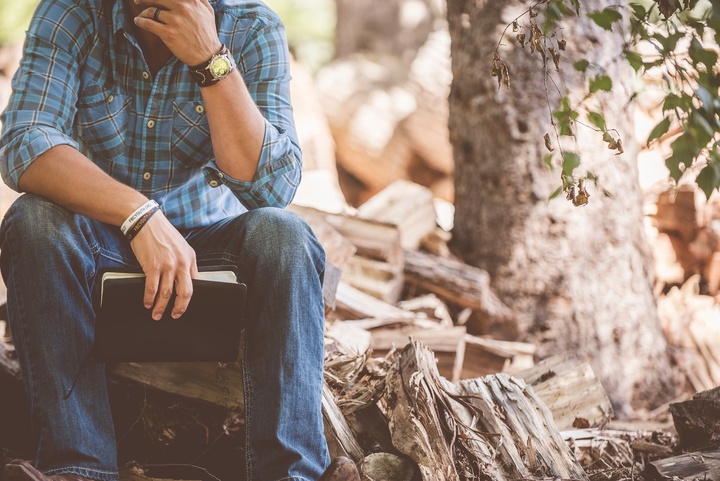 Costa Rica is looking to legalize cannabis in February 2018.
Costa Rica is looking to legalize cannabis in February 2018.
Currently Costa Rican’s are able to consume cannabis on a medicinal basis, but it is still illegal to cultivate or distribute it for any purpose. A new political party may be making an impact as they work towards reforming the current legal status to allow cannabis to be available for recreation and personal cultivation.
Margarita Salas is the leader of this new political party named VAMOS, which means “let’s go” in
English. She is avid for cannabis decriminalization. Her party is in favor of legalizing cannabis for all
adult use, particularly recreational, as medicinal use is legal. It is still hindered under the stigma, but it’s
reputation is changing as more evidence becomes available that concludes cannabis has real benefits
and that it is actually not harmful.
In February of 2018, the Costa Rican federal elections will take place, and VAMOS has declared that
they will legalize cannabis if they are elected into office. Salas also wants to modify the medical
marijuana bill so that it establishes marijuana as an organic compound, instead of a chemical compound
which it is classified as now.
In an interview with marijuana.com, Salas said, “There’s a lot of moral issues regarding marijuana
being legalized and there should not be. There’s ample scientific evidence demonstrating that the
substance does not produce any of the side effects that other psychoactive substances do. [Cannabis]
does not harm health and it does not constitute a threat of any kind.”
She wants dispensaries across the country, some government owned and some privately owned. Salas
believes that the government is unwarranted to keep the people from using cannabis for their own
purposes; residents and tourists alike.
There is some confusion with the current legality of cannabis in Costa Rica. For example, one law, “No.
7093 on Narcotics and Psychotropic Substances states that cultivation, manufacture, preparation,
refining, transport, distribution, storage, and trafficking of drugs and their financing” is illegal and may
be punishable with the consequence of 8-20 years in prison. However, it does not specify that the use
these substances is illegal, unless of course by someone under age.
This next law circumvents the laws in place with the intention of getting help to the medical patients in need. “Article 79 of Law No. 8204 mandates the promotion and facilitation of free, voluntary placement or outpatient treatment for therapy and rehabilitation in public or private health centers to persons who use unauthorized drugs on the streets or in public places.” Personal use is not prohibited, but the laws are against production, trafficking and commerce of any kind.
In December 2014, a bill was presented to regulate plants for medical and industrial purposes, but still
has not been passed. Margarita would like to pursue bills like this one, to ultimately allow an open
cannabis economy, decriminalizing these activities. She would like to have cannabis regulated so that
the people may pursue a safe use, whether it is for medicine or for recreation.

In February of 2018, we will see if VAMOS is elected, and the changes that this party will produce for the cannabis world in the country of Costa Rica. Salas believes that even if they aren’t awarded position in congress, the legalization will come soon.
The acceptance of cannabis continues to spread around the world; if Costa Rica is the first Nation to
legalize in Central America, others will likely follow suit.





